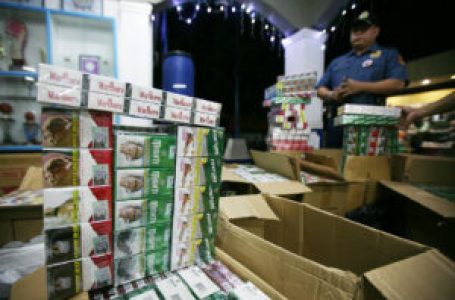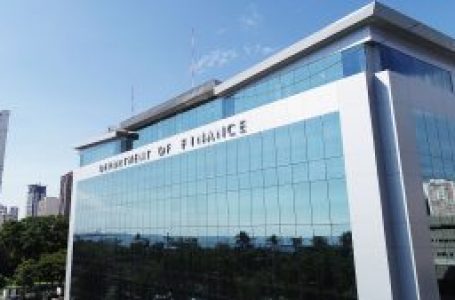House bill raising RCEF funding to P15B a year clears committee

THE House Appropriations Committee approved an unnumbered substitute bill on Wednesday amending the Rice Tariffication Law of 2019, including an expansion of funding for rice industry modernization to P15 billion a year from P10 billion.
The bill also extended the life of the Rice Competitiveness Enhancement Fund (RCEF) which is due to expire this year, for another six years. Under the law, RCEF receives its funding from tariffs generated from imports.
The original law liberalized private imports of rice, though it required importers to pay a 35% tariff on their shipments of Southeast Asian grain. The tariff has since been modified to apply to shipments from any country of origin as an inflation-control measure.
The amendment also seeks to reinstate the National Food Authority’s (NFA) power to regulate the rice market when needed to keep prices from rising unduly.
The amendments modify the way RCEF is allocated, proposing to grant 53.3% of its disbursements to farm mechanization, up from 50%. RCEF also funds seed development, farm credit, and extension services.
The new allocation for rice seed is 28%, and now allows the distribution of hybrid seed. The current version of the law only allows the distribution of inbred seeds.
“(The Rice Tariffication Law’s) focus really is to lower the cost of production, improving productivity, increasing yield, and increasing farmer income,” Nueva Ecija Rep. Mikaela Angela B. Suansing told BusinessWorld on the sidelines of the committee hearing.
The amendments are considered a means of easing the inflationary pressures blamed mainly on rice prices.
The average retail price of the grain currently ranges between P50 and P60, according to the Philippine Statistics Authority.
Speaker and Leyte Rep. Ferdinand Martin G. Romualdez said last week that the amendments have the potential to cut rice prices by at least P10 to P15 per kilo.
Allowing the NFA to regulate the market would allow the government to intervene during times of high retail prices, Quezon Rep. Wilfrido Mark M. Enverga told BusinessWorld.
“If this is enacted, it will be a big deal because (the government will regain) influence on the market through the NFA,” he said on the sidelines of the committee hearing.
Mr. Enverga, who also chairs the House Agriculture and Food Committee, said the NFA would make the rice prices more rational.
“We have to remember that it’s not only about the market interventions of the NFA… what we want to realize in the future… is that we fix our supply chain to lower the cost of rice production,” he said.
Commenting on the tweaks to the fund’s allocation, Ms. Suansing said: “The mechanization is still lacking… Even with the P30 billion allocated over the last 6 years, the mechanization coverage is only 14%… that’s why we increased it effectively.”
The new allocations also include 6% for credit assistance, 5% for extension services, 4% for soil health improvement, 2% for pest management, and 1.5% for the creation of a rice development office.
Mr. Enverga said he is hopeful that the amendment can go before plenary next week. — Kenneth Christiane L. Basilio














